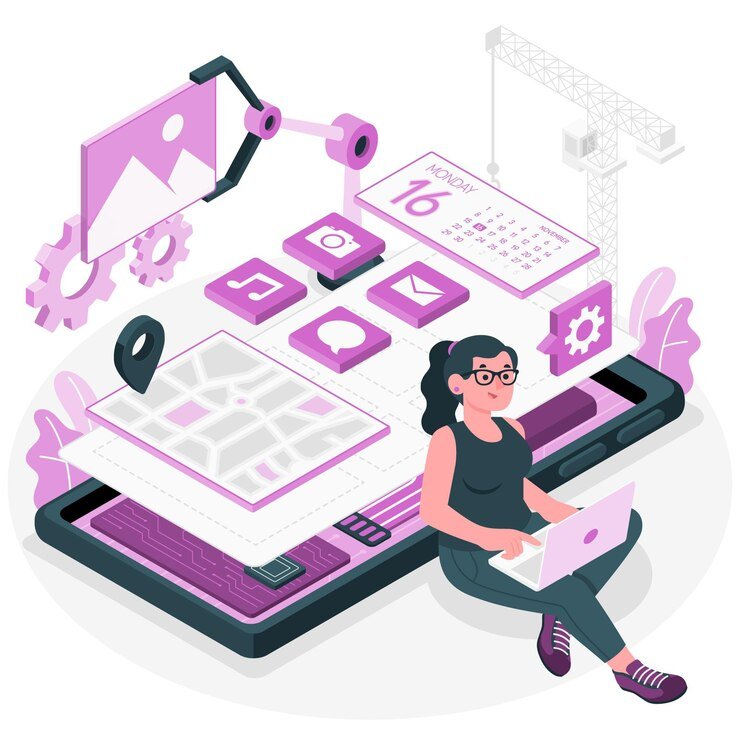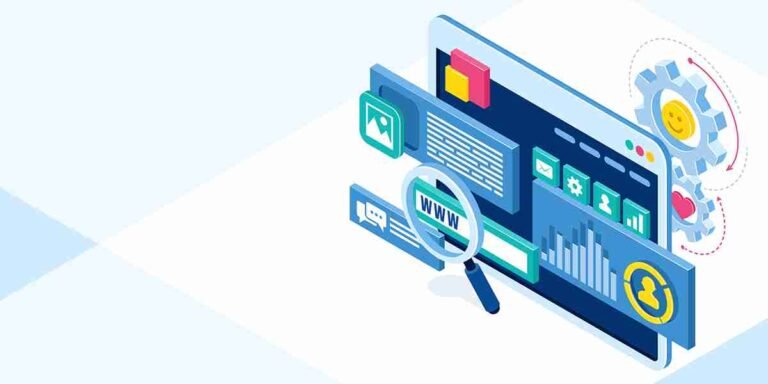Ionic vs. Native App Development: Which One is Better for You?

In today’s fast-paced mobile app development landscape, choosing the right framework is crucial for the success of your project. Mountain Techno System brings you insights into two major approaches to app development: Ionic and Native. Each comes with its own set of advantages, but which one is better suited for your business? This article will help you weigh the pros and cons of Ionic vs. Native app development, ensuring you make an informed decision based on your project’s goals, budget, and target audience.
1. What is Ionic App Development?
- Overview: Ionic is a popular open-source framework for building cross-platform mobile apps using web technologies like HTML, CSS, and JavaScript. It allows developers to create one codebase that runs on both iOS and Android, cutting down on time and cost.
- Key Insight: At Mountain Techno System, we specialize in Ionic app development to deliver fast, efficient, and scalable apps that work seamlessly across multiple platforms.
2. What is Native App Development?
- Overview: Native app development involves creating separate apps for iOS and Android using platform-specific languages such as Swift for iOS and Kotlin or Java for Android. These apps are optimized for their respective platforms, offering high performance and direct access to native features.
- Key Insight: Native apps are typically known for superior performance and responsiveness, but they require separate development efforts for each platform.
3. Key Differences Between Ionic and Native App Development
- Performance:
- Ionic: While Ionic apps offer good performance, especially with the integration of Capacitor, they may not match the speed and fluidity of native apps in complex, graphics-heavy applications.
- Native: Native apps, being specifically designed for their platform, tend to have faster load times and smoother performance, particularly in resource-intensive apps.
- Development Time:
- Ionic: One of the key advantages of Ionic is its single codebase that allows you to develop for both iOS and Android simultaneously, reducing development time significantly.
- Native: Developing native apps requires writing separate code for each platform, which doubles the development time and effort.
- Cost:
- Ionic: Ionic is cost-effective since you develop and maintain a single app for multiple platforms.
- Native: Native development is more expensive due to the need for platform-specific development teams and tools.
- Access to Native Features:
- Ionic: Using Capacitor, Ionic allows integration with many native features, but not as seamlessly as native apps.
- Native: Native apps have direct access to all device features, offering deeper integration and higher control over device functionalities like cameras, sensors, and GPS.
4. Pros of Ionic App Development
- Cross-Platform Compatibility: Build once, deploy across multiple platforms, including web and desktop.
- Cost-Effective: Reduce costs by maintaining a single codebase.
- Quick Prototyping: Ideal for startups or businesses looking to quickly validate their app idea.
- Rich UI Components: Ionic offers pre-built components for sleek and responsive designs.
5. Pros of Native App Development
- Superior Performance: Native apps are highly optimized for performance, especially in terms of speed and memory usage.
- Better User Experience: Offers a more intuitive, platform-specific user experience that aligns with the OS’s design principles.
- Direct Access to Native APIs: Full access to device capabilities without any limitations or performance bottlenecks.
6. Cons of Ionic App Development
- Performance Limitations: For high-performance applications, such as those requiring advanced graphics or complex animations, Ionic may not perform as well as native apps.
- Limited Access to Native Features: While Capacitor bridges the gap, some native functionalities may not be available or could require custom plugins.
7. Cons of Native App Development
- Higher Costs: Developing separate apps for iOS and Android can increase the overall cost significantly.
- Longer Development Time: Native development takes longer as separate codebases are needed for each platform.
8. Which One Should You Choose?
- When to Choose Ionic:
- If you’re on a tight budget.
- If you need to launch your app quickly across multiple platforms.
- If you’re looking to build an app that doesn’t require high-performance graphics or complex native integrations.
- When to Choose Native:
- If performance is your top priority.
- If your app requires deep integration with device hardware or advanced features.
- If you’re building a platform-specific app with a focus on user experience.
9. Case Study: Mountain Techno System’s Hybrid Success
- Scenario: A client approached Mountain Techno System needing a cost-effective solution to launch a cross-platform app quickly. We recommended Ionic for its flexibility and speed, delivering a scalable, feature-rich mobile app that reached both Android and iOS users.
- Outcome: The app’s success led to rapid growth for the client’s business, demonstrating the power of Ionic for fast-moving markets.
10. Conclusion: Making the Right Choice
- Summary: Both Ionic and Native app development have their strengths and weaknesses. The decision ultimately depends on your project requirements, budget, and long-term goals. At Mountain Techno System, we help businesses navigate these choices by offering expert consultation and development services tailored to your unique needs.














